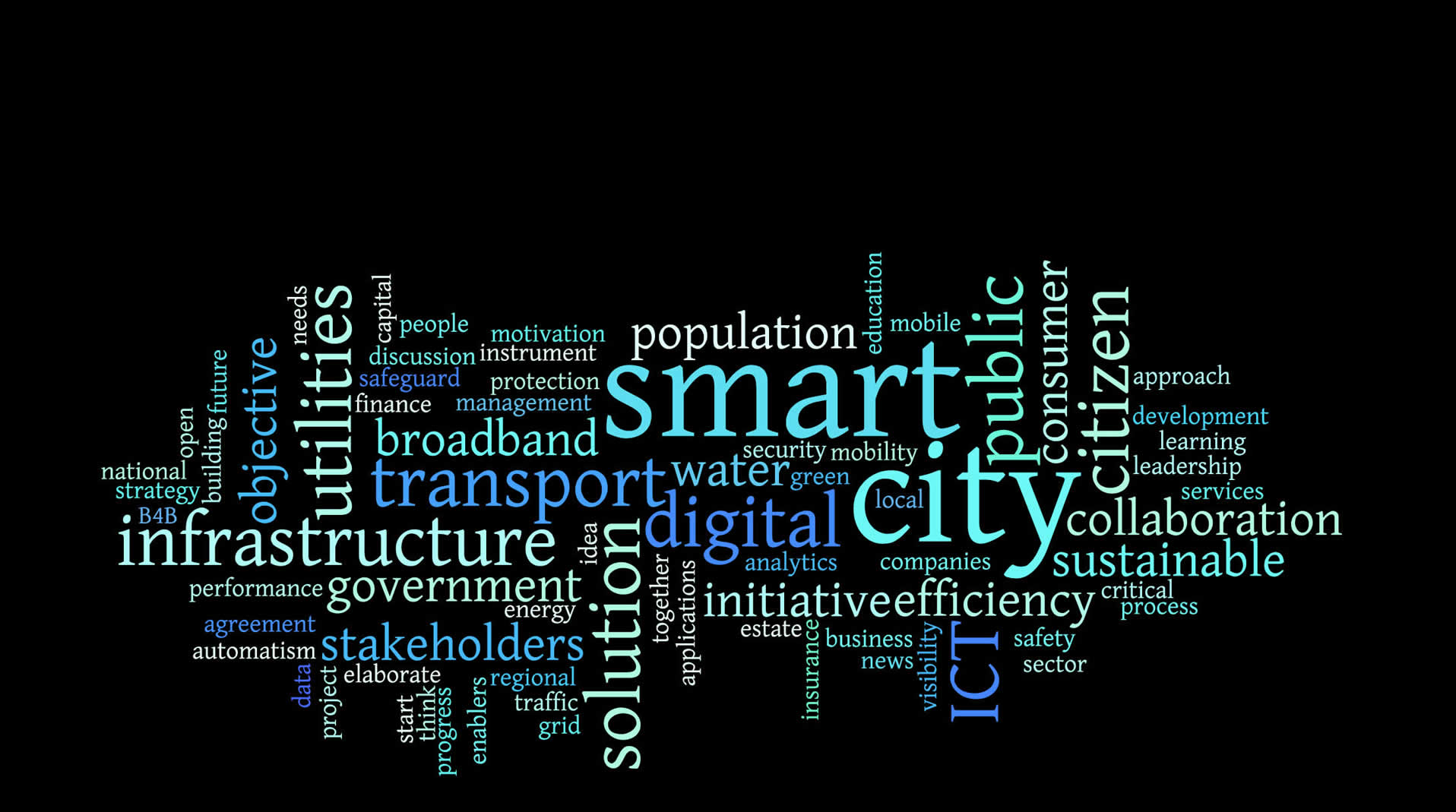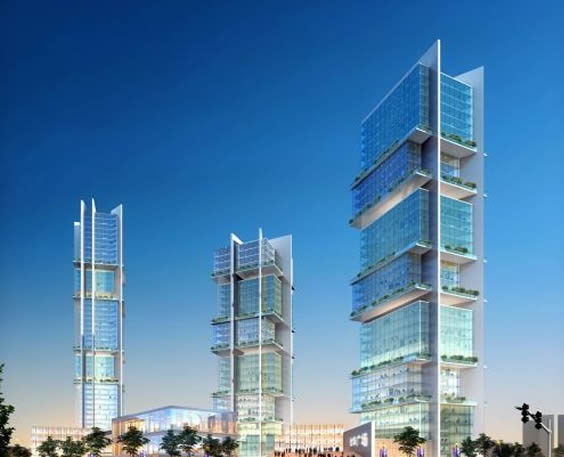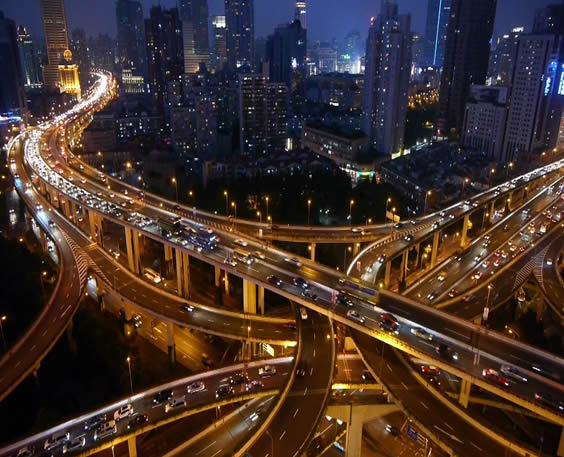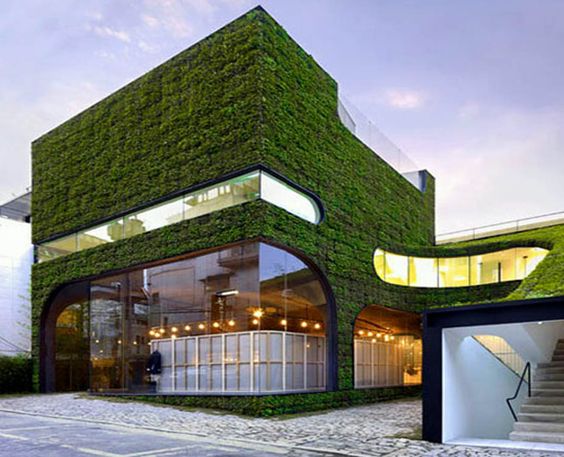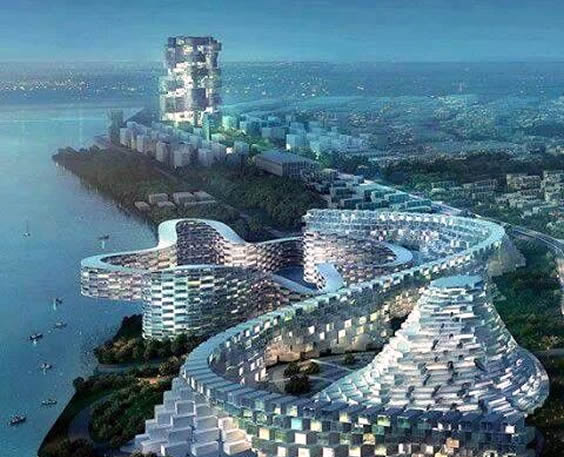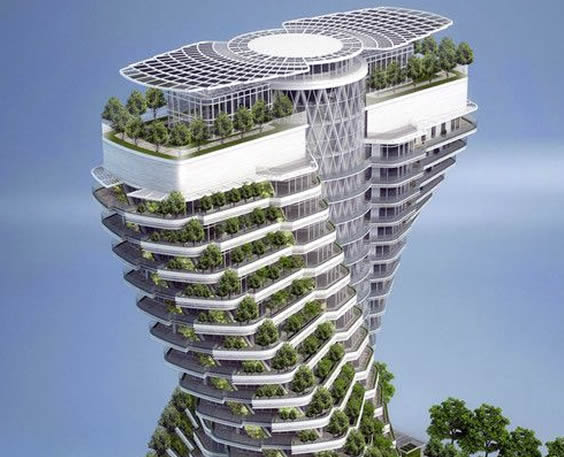As rapid and profound as these recent shifts have been, they may just be early indications of how the Internet of Things (IoT) could potentially transform societies in the months and years ahead. A short list of potential IoT applications includes tracking new disease outbreaks, ensuring air quality and sanitation in buildings and transit systems, and minimizing transmission risks in hospitals.
While analysts have lowered their growth projections for many sectors of the economy, the outlook for the global IoT market remains bullish, with one study projecting that it will grow by double digits through 2021 to reach $243 billion.Smart Cities | Green Cities | Living Cities
Building smart cities and redefining the way we live!
A chain of sustainable eco-Smart cities with a proprietary IT platform in Tier #1 Indian Cities coming soon.“Are You Future Ready”
Smart Cities Can Emerge Stronger From The Pandemic
There is scarcely an aspect of life that has not been thoroughly disrupted by the COVID-19 pandemic. The crisis has also dramatically exposed the degree to which consumers, employers and workers are relying on connected technology to carry on, whether through video conferencing, telemedicine or other digital platforms.
Canada Pension Plan Investment Board (CPPIB), Phoenix Mills ink pact for India retail realty investment platform.
CPPIB will initially own 30% of the platform with an equity commitment of around Rs 724 crore. It plans to invest around Rs 1,600 crore through multiple tranches, to own up to a 49% stake in the platform.
MUMBAI: Canada Pension Plan Investment Board and mall developer The Phoenix Mills have entered into a pact to set up a strategic investment platform for retail real estate properties in India. This is CPPIB’s maiden retail real estate venture in India.
CPPIB will initially own 30% of the platform with an equity commitment of around Rs 724 crore. It plans to invest around Rs 1,600 crore through multiple tranches, to own up to a 49% stake in the platform.
The development, called NEOM, was announced at a conference on Tuesday by Saudi Crown Prince Mohammed bin Salman. It's the latest in a series of mega projects designed to reshape the kingdom's economy.
It is nothing if not ambitious.
"We try to work only with the dreamers," the young crown prince told investors gathered in Riyadh. "This place is not for conventional people or companies."
Plans call for the city to be powered entirely by regenerative energy, while also making use of automated driving technology and passenger drones. Wireless hi-speed internet will be free.
"All services and processes in NEOM will be 100% fully automated, with the goal of becoming the most efficient destination in the world," the Saudi Arabia Public Investment Fund said in a statement.
When he was little and his father was building his taxi business, Pradeep Yadav lived in a “chawl,” a rundown tenement in India’s financial capital, Mumbai. The apartment had one light, a fan and water for just two hours a day.
Now he stands at the vanguard of a potential housing boom that brokerage CLSA India Pvt. estimates could reach $1.3 trillion in the next seven years. With their three boys finished university, the family bought a flat in Palava City, a leafy township on the edge of the metropolis. Outside their balcony, tidy footpaths wind their way past manicured gardens and a swimming pool glints in the summer heat.
What Is driving real estate in Bangalore - the most dynamic city in the world?
The past decade has seen a massive transformation take place in Bangalore. Once known as a pensioner's paradise, a study by independent property consultancy Jones Lang LaSalle (JLL) confirmed Bangalore to be the most dynamic city in the world ahead of Silicon Valley and Boston in the US.
 The ranking was based on a broad range of real estate and socio-economic factors as well as the ability to adapt and leverage technological adaptation. Other leading cities among the 134 cities assessed in the JLL index besides Bengaluru were, Ho Chi Minh City, Silicon Valley, Shanghai, Hyderabad, London, Austin, Hanoi, Boston and Nairobi.
The ranking was based on a broad range of real estate and socio-economic factors as well as the ability to adapt and leverage technological adaptation. Other leading cities among the 134 cities assessed in the JLL index besides Bengaluru were, Ho Chi Minh City, Silicon Valley, Shanghai, Hyderabad, London, Austin, Hanoi, Boston and Nairobi.
Bangalore today, is one of the fastest growing cities not only in India, but also internationally. It is emerging as a top real estate destination and a shining spot for real estate investors in the country. What is substantial is that despite demonitization, Bangalore was one of the few cities in India to witness a marginal growth in property prices as well as a rise in buyer demand. Here are three reasons which aptly explain the dynamism behind this city and the rapid growth of Bangalore real estate.
Tomorrow's Cities: A day in the life of a smart slum
Cities need new ways to create energy and cut down on waste, and some of the most innovative - and low-tech - solutions may well be found in the parts of town the city authorities are least likely to talk about.
 While some bemoan crowded commutes, for slum-dwellers it is access to basic services such as running water or electricity that is the real issue.
While some bemoan crowded commutes, for slum-dwellers it is access to basic services such as running water or electricity that is the real issue.
And where there is need, there is often innovation.
So can the technology being rolled out in the world's most deprived urban areas offer not just hope for those who live there but also lessons for the richer parts of the city?
Smart Cities Mission is an urban renewal and retrofitting program by the Government of India with a mission to develop 100 cities (the target has been revised to 109 cities) all over the country making them citizen friendly and sustainable.
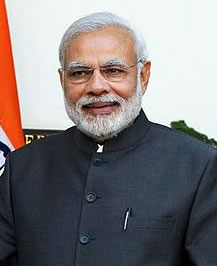 The Union Ministry of Urban Development is responsible for implementing the mission in collaboration with the state governments of the respective cities. The Government of India under the Hon'ble Prime Minister Shri Narendra Modi has a vision of developing 100 smart cities as satellite towns of larger cities by modernizing the existing mid-sized cities.
The Union Ministry of Urban Development is responsible for implementing the mission in collaboration with the state governments of the respective cities. The Government of India under the Hon'ble Prime Minister Shri Narendra Modi has a vision of developing 100 smart cities as satellite towns of larger cities by modernizing the existing mid-sized cities.
History
Smart Cities Awas Yojna Mission was launched by Prime Minister Narendra Modi in June 2015. A total of ₹980 billion (US$15 billion) has been approved by the Indian Cabinet for development of 100 smart cities and rejuvenation of 500 others. ₹48,000 crore (US$7.1 billion) for the Smart Cities mission and a total funding of ₹50,000 crore (US$7.4 billion) for the Atal Mission for Rejuvenation and Urban Transformation (AMRUT) has been approved by the Cabinet.
In the 2014 Union budget of India, Finance Minister Arun Jaitley allocated ₹7,016 crore (US$1.0 billion) for the 150 smart cities. However, only ₹9.24 billion (US$140 million) could be spent out of the allocated amount till February 2015. Hence, the 2015 Union budget of India allocated only ₹1.43 billion (US$21 million) for the project.
First batch of 20 cities selected in the second stage of competition will be provided with central assistance of ₹2 billion (US$30 million) each during this financial year followed by ₹1 billion (US$15 million) per year during the next three years. The remaining money has to come from the states, urban bodies and the consortium that they form with corporate entities. Also, 10 per cent of budget allocation will be given to states / union territories as incentive based on achievement of reforms during the previous year.
Urban Development Ministry had earlier released ₹2 crore (US$300,000) each to mission cities for preparation of Smart City Plans.
Huntington York Development Corporation
MNP Tower - 1021 West Hastings Street
Vancouver, BC Canada
© 2017 Huntington York Development Corporation. ALL RIGHTS RESERVED





